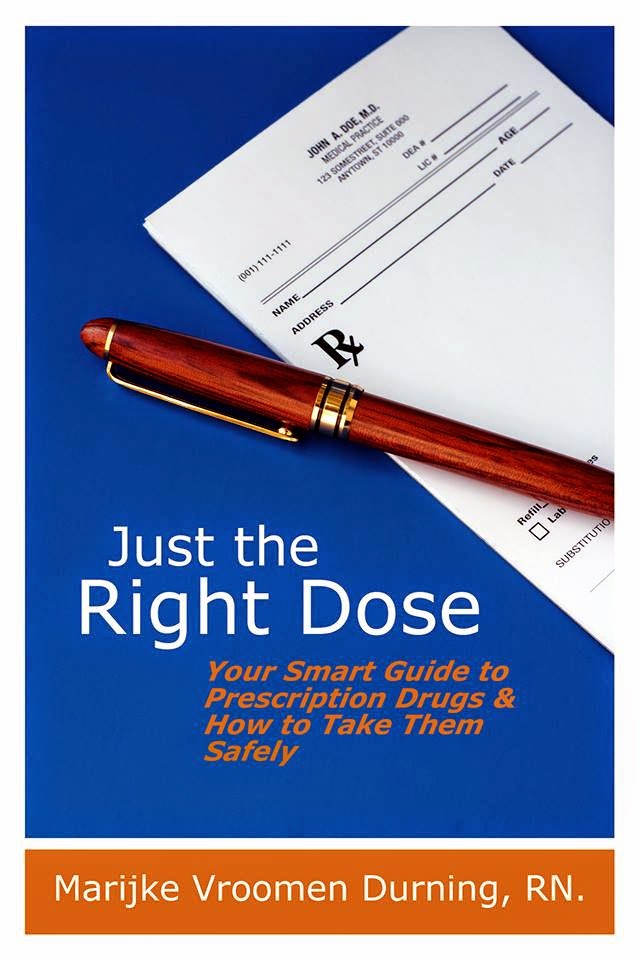If you have been following the TV show This Is Us, you've known from the start that a popular character, Jack Pearson, had died. But what the audience didn't know until this past weekend was how Jack died. Now we know. (If you haven't watched this episode yet and you plan on it, there is a spoiler ahead. Stop reading now if you don't want to know.)
The series has been following the lives of a family, three adults (Kevin, Kate, and Randall) and their mother (Rebecca), 20 years after Jack dies. His children are haunted by his death and we're given glimpses of the past throughout the episodes. On Sunday's episode, the family home burns down. Jack rescues everyone in the house, goes back to get the dog and some treasures. He comes out of the fire, but succumbs later in the hospital to a heart attack, what Rebecca was told was a widowmaker. But what is a widowmaker heart attack?
A widowmaker is a term used to describe a massive heart attack usually caused by a total blockage of the largest of the heart's arteries, the left anterior descending artery. It's frequently fatal and it strikes people in their 40s or 50s, although it is much more common among men. In the show's story line, Jack's heart attack was caused by smoke inhalation, but there is usually no one specific cause of a widowmaker. Many of us have heard of seemingly healthy men (usually) going about their day and suddenly having a massive heart attack, often with no advance warning. However, some survivors will tell you that they did have symptoms, but they just didn't put two and two together.
Since February is Heart Month, it's a good time to review the signs and symptoms of a heart attack:
- A feeling of pressure, squeezing or tightness in your chest
- Pressure or pain radiating down one or both arms, your jaw or into your back
- Nausea, indigestion
- Sweating
- Dizziness
- Feeling of impending doom
Women may have different symptoms. They may not have that typical chest pain but more nausea or indigestion, lasting for long periods.
If you feel that you may be having a heart attack, call 9-1-1 immediately. The 9-1-1 operator may advise you to chew a low-dose aspirin if you have them on hand. Do not try to drive yourself to the emergency room because if you pass out while you are driving, you will cause an accident that could injure others. At the same time, having someone else drive you could cost you valuable time. First responders are trained to assist people who are having heart attacks and may be able to stabilize you before transporting you or during transport.
If you find someone who having or has had a heart attack, call 9-1-1 immediately. If they are unconscious, do not try to give them an aspirin. If the heart has stopped, start CPR.
Not everyone knows how to give CPR, but it is strongly recommended that everyone learn how and also to learn how to use an automatic external defibrillator machine. More public places are placing these AEDs in strategic places so they can be used in case of emergency. To learn more about CPR, even if you've not taken a course, go to the Mayo Clinic site, where they explain the steps.
Heart attacks are frightening. If you have a family history of heart disease or have risk factors for heart disease, consult your doctor about how best to reduce your risk of a heart attack. You can also visit the American Heart Association or the Heart and Stroke Foundation of Canada to learn more.





No comments:
Post a Comment